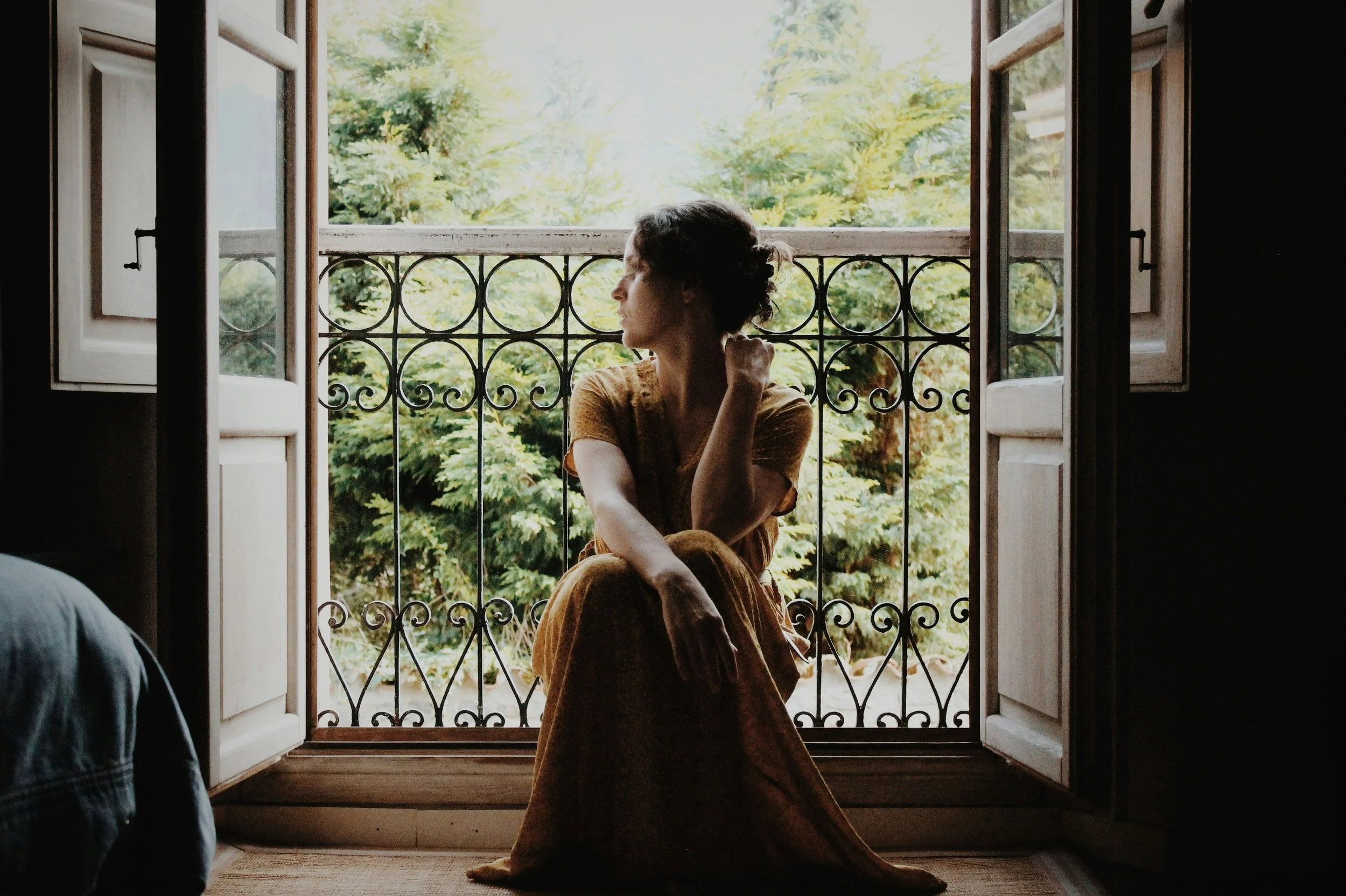THEIR STORIES
We are often asked to share the stories of those who stay at Aurora House. While we must protect the privacy of our clients, we believe it’s important to shed light on the realities of human trafficking and gender-based violence in Canada. The stories we share are a combination of true experiences and altered details, ensuring anonymity while reflecting the harsh realities faced by survivors. Every detail has been carefully changed to protect identities, but the experiences remain true to the suffering, resilience, and strength of those who have lived through these traumas. By sharing these stories, we hope to raise awareness, foster empathy, and advocate for a future where no one has to endure such violence and exploitation.
SAMANTHA
My journey is a long one! I am one of the millions that are trafficked through international borders each year. I was referred to Aurora House after I completed a 90-day safe house program in rural Ontario through another agency. I came to Aurora House with no self-esteem, fear of not being accepted and I was very scared.
After almost a year, I transitioned to my own place after being supported by the team. Aurora House gave me the necessary tools to help me thrive. The case manager and the house manager were a blessing to me. Both were incredibly brave and loving women who gave me the strength to move forward and gave me hope when I thought there was none left.
My experience living in the house was so positive and if it wasn’t for the team at Aurora House, I would not be in the position I am now. I was able to reconnect with my family, I always had a chance to call – having a house phone was great and inviting them over to see my progress. To a girl the whole world left for dead, and to have a bunch of strangers take me in and show me unconditional love is the most incredible feeling in the world.
There are no words to describe how grateful I am to Aurora House.
I want to thank all the private donors; your deeds do not go unnoticed. From Christmas gifts to gift cards to just getting some extra clothes to food, all was so helpful.
Leaving a life of violence, abuse and control was the greatest challenge of my life and recovering took a long time but I did recover and so can others. It is a lifelong process. Today I have a loving and supportive family and new friends I met at Aurora House who encourage me in all areas of my life and treat me with only love and respect. Thank you so much for all your love and support, for all your dedication and kindness.
I am not a victim, but I am Victorious. God bless all of you. You will forever be in my heart and my family.
NILU
Nilu was sold by her family to a man when she was 10 years old for $120. He arranged for false documents to be made and brought her to Canada as his daughter. Soon after coming here, he began physically abusing and sexually assaulting her. He locked her in when he left the house and she was never allowed out. When she became pregnant at 14 he beat her until she miscarried.
Police were finally called in by a neighbour who heard sounds of abuse. Nilu was discovered and her trafficker was charged and convicted. Nilu was correctly identified as a victim of human trafficking but the only documents the police found when they searched the house were her falsified papers. It took three years before Nilu was legally recognized in Canada as Nilu.
SOPHIANI
Sophiani entered Canada on a work visa after being contracted to work on a farm in Southern Ontario. She was collected at the airport by the agency who had recruited her for a $2,000 fee. She and her family had to sell much of what they had and borrow the rest but the opportunity was a dream-come-true.
She was driven to a house and shown into a tiny room that she was to share with six other women. There were 24 occupants at the house in total. The next day two trucks arrived to transport them to the job site.
At this point it was explained to Sophiani that her contract at the farm had fallen through. She was only legally allowed to work for the employer listed on her visa, but if she stayed they would be able to find her work at other farms but not at the promised rate.
Unable to afford a flight home, Sophiani worked 12-17 hour days of grueling labour for less than minimum wage. She saw little of her small wage after the agency took out her room and board and their fee. Feeling trapped and helpless, she continued working until the end of the season. Once the jobs ran out she was referred to a Toronto based refugee centre where staff recognized her as a victim of human trafficking.
ANGELICA
Angelica was coerced into sex trafficking when she was 14 years old. Her trafficker controlled and sold her in hotels and micro brothels across Canada for six years before selling her to another trafficker.
When she was 27 years old she was dropped off unconscious, four months pregnant and severely beaten outside a Toronto ER where medical staff contacted police.
Police victim services identified her as a victim of human trafficking and she was referred to an emergency shelter. Angelica was informed that she lose her spot at the shelter once her baby arrived.
MARIANNA
Marianna was very poor with very few options in her home country. She was raising two young children by herself in Mexico and trying to pay off her father's medical bills when she saw a newspaper ad for an agency that arranged jobs in Canada.
They told her that for $3,000 they could arrange for her to get a job in Vancouver at a cardboard-box factory for $10 an hour - three times as much money as she could earn at home.
Marianna borrowed money to pay the $3,000 agency fee, and an extra $1,000 for her plane ticket to Vancouver. Upon arriving in Vancouver, a man picked Marianna up at the airport and brought her to a house in the suburbs where a woman took her passport for "safekeeping". The woman then told her that the factory job had not come through and instead she would be working in the lab downstairs, which, Marianna discovered, produced crystal methamphetamine and other illegal drugs.
Marianna did get paid and fed, but had to work very long hours and sleep in a room next to the lab with 10 other men and women. Marianna was scared that she would be seen as a criminal for working in an illegal drug lab. Marianna asked for her passport back because she wanted to leave, but was told that she knew too much, and if she tried to leave they would kill her.
Marianna was eventually released when the lab was raided and she was identified by police, along with the 10 others, as a trafficked victim. Her traffickers were arrested and imprisoned.
NATASHA
Natasha was sold into for marriage by her family. Natasha was then sponsored by her husband to come to Canada, only to be told on her arrival that he was not really interested in being married to her. He too was forced into the marriage, by his parents. Forced to live with her in-laws, Natasha was treated as a servant by her husband and his family. Natasha was physically and mentally abused, kept in seclusion and denied any contact with her friends and family back home. She lost her old world and social seclusion prevented entry into her new one.
After a few months, Natasha was no longer able to bear her ill treatment. She threatened to take her story to the police. Immediately, her husband suggested a vacation, holding out the possibility of cementing their relationship. However, at the airport, Natasha’s budding hopes for a better future were quashed. She slowly realized that her husband had dumped her at the airport and left. He had no intention of going on vacation with her, and was likely tying to get her to leave the country. With guidance from the airport staff, Natasha decided to contact a local shelter. She found herself alone in Canada with little support, disconnected from her in-laws, her husband, and also from her family back home who did not want her back.






